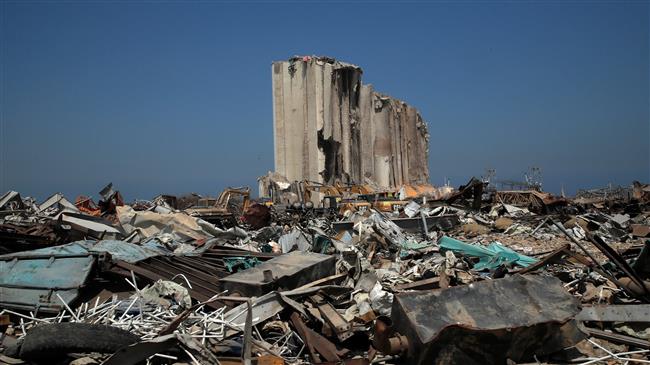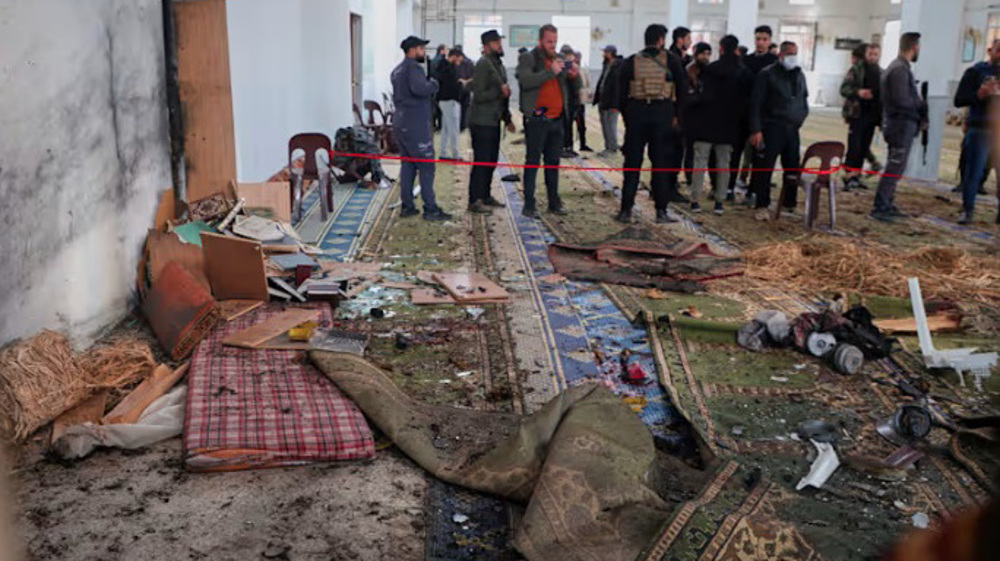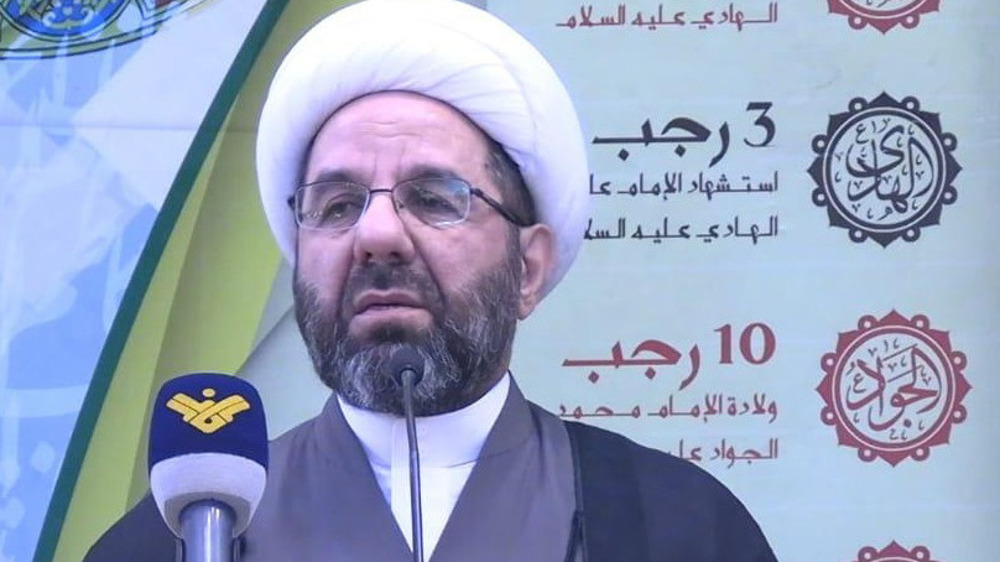Beirut mega-blast caused over $8 billion in damage, economic loss: World Bank
The World Bank says the devastating blast that tore through Lebanon's capital earlier this month, killing 190 people and injuring more than 6,500 others, has inflicted $8.1 billion in damage and economic loss on the cash-strapped Arab country.
The international financial institution announced in an assessment on Monday that the cost of material damage from the August 4 explosion caused by the detonation of nearly 3,000 tons of unsecured ammonium nitrate, ranges from $3.8 billion to $4.6 billion, while economic damage amounts to $2.9 billion to $3.5 billion.
The estimate, titled “Rapid Damage and Needs Assessment” and carried out in cooperation with the United Nations and the European Union, noted that Lebanon needs from $605 million to $760 million in urgent financial aid in order to bounce back from the calamity.
The economic sectors most affected were housing, transport and cultural heritage, including religious and archeological sites, national monuments, theaters, archives and libraries, the study revealed.
According to the World Bank, Lebanon will also have to come up with an additional $1.18 billion to $1.46 billion in 2021 beyond the immediate need for hundreds of millions of dollars in aid.
The assessment then enumerated transport, cultural needs and housing as immediate priorities for government spending.
The World Bank noted that the impact of Beirut mega-blast will be felt through “losses in economic activity caused by the destruction of physical capital” followed by “trade disruptions resulting in higher transaction costs of external trade, and the loss of fiscal revenues.”
It predicted that Lebanon's gross domestic product would drop by an additional 0.4 percentage point this year and by an additional 0.6 percentage point in 2021.
Beirut explosion has left Lebanon’s economy, which is already struggling amidst multiple crises, including the breakdown of its banking system, spiraling inflation and coronavirus pandemic, in tatters.
The World Bank had forecast earlier that the Lebanese economy would contract by 10.9 percent this year.
The blast would also increase poverty, and the bank said it has already affected 45 percent of the population in Lebanon.
The assessment highlighted that Beirut will rely on international aid and private investment to recover given Lebanon's grave economic crisis and lack of foreign exchange reserves.
International donors say aid to Lebanon should come with a credible program to move on critical economic reforms and tackle corruption.
Pro-Palestinian group Handala hacks phone of Netanyahu’s chief of staff, release videos
Iran launches three remote sensing satellites on Russian Soyuz rocket
How Iran’s economy adapts amid persistent pressures
Iran, China can upgrade ties to ‘outcome‑driven partnership’: Envoy
Displaced Palestinians freeze in flooded tents as Israel continues Gaza truce violations
UNSC, Arab League to hold emergency meetings on Israel’s recognition of Somaliland
EU ‘main obstacle’ to Ukraine peace: Russia FM
VIDEO | Press TV's news headlines


















 This makes it easy to access the Press TV website
This makes it easy to access the Press TV website